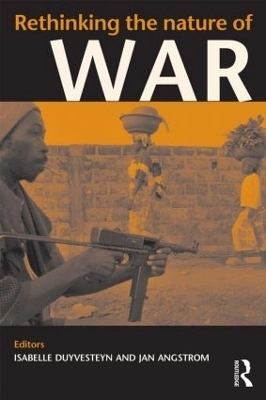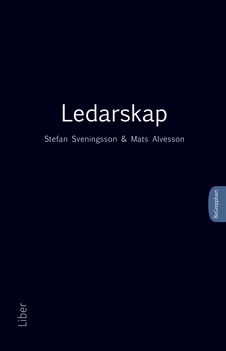

Rethinking the nature of warUpplaga 1
- Upplaga: 1a upplagan
- Utgiven: 2005
- ISBN: 9780415354615
- Sidor: 256 st
- Förlag: Frank Cass
- Format: Inbunden
- Språk: Engelska
Om boken
Åtkomstkoder och digitalt tilläggsmaterial garanteras inte med begagnade böcker
Mer om Rethinking the nature of war (2005)
2005 släpptes boken Rethinking the nature of war skriven av Isabelle Duyvesteyn, Jan Ångström. Det är den 1a upplagan av kursboken. Den är skriven på engelska och består av 256 sidor. Förlaget bakom boken är Frank Cass.
Köp boken Rethinking the nature of war på Studentapan och spara pengar.
Referera till Rethinking the nature of war (Upplaga 1)
Harvard
Oxford
APA
Vancouver



















